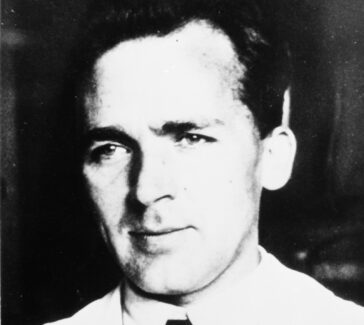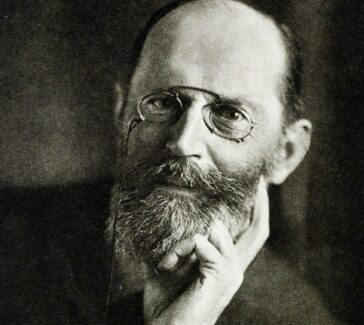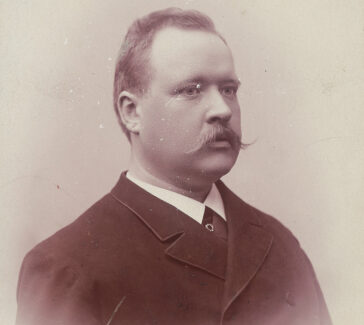Phillip Sharp
The codiscovery of RNA splicing by Sharp and Richard Roberts opened up a new and important area of molecular biology.
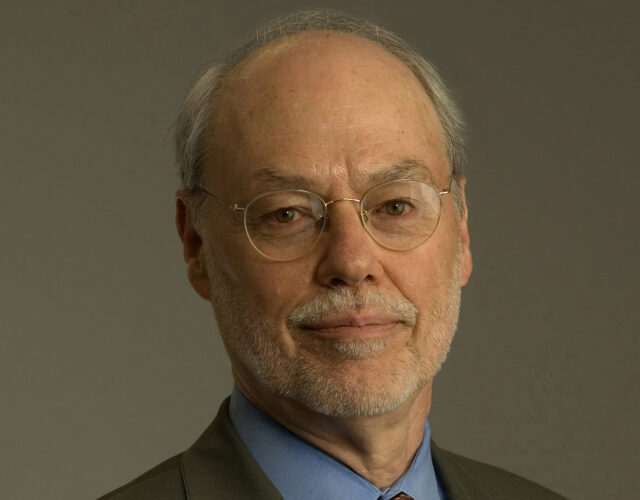
Phillip Sharp’s landmark achievement came in 1977, when he and his colleague Richard Roberts discovered RNA splicing. This work provided one of the first indications of the startling phenomenon of “discontinuous genes” in mammalian cells.
The discovery that genes contain nonsense segments that are edited out by cells in the course of using genetic information is important in understanding the genetic causes of cancer and other diseases. Sharp’s research opened a new area in molecular biology and forever changed the field. For this work he and Roberts received the 1993 Nobel Prize in Physiology or Medicine.
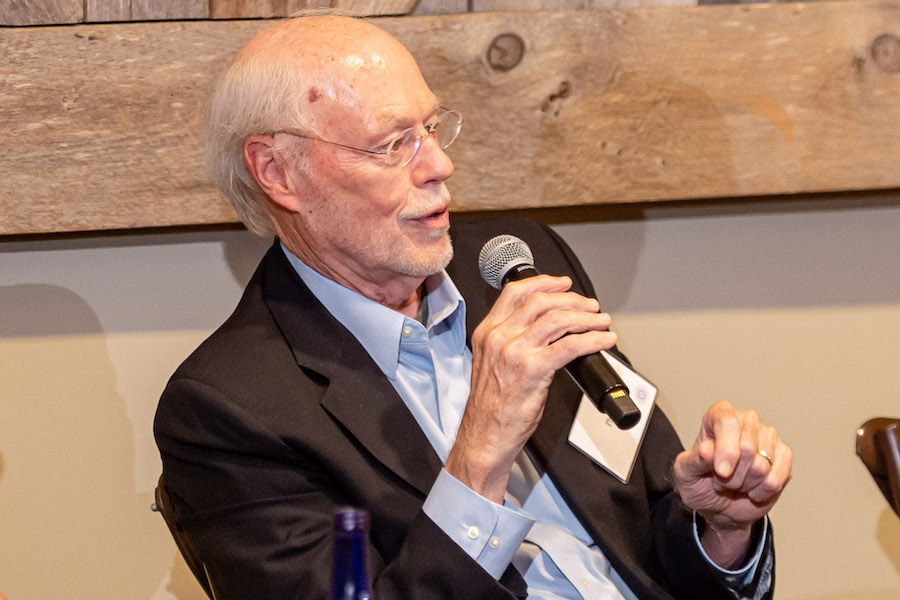
Sharp (b. 1944) later turned his focus to understanding how RNA molecules act as switches to turn genes on and off (RNA interference). These newly discovered processes have revolutionized cell biology and could potentially generate a new class of therapeutics.
Early Life and Education
Sharp grew up on the family farm in Kentucky’s northern hill country. Encouraged by his parents to attend college, he earned tuition money by raising cattle and growing tobacco for market. His rural roots steered him toward Union College, a small liberal-arts school just a few hours from his childhood home.
Sharp’s scientific interests led him to obtain a BA degree in chemistry and math and eventually a PhD in chemistry from the University of Illinois, Champaign-Urbana. He completed his postdoctoral training at the California Institute of Technology, where he studied the molecular biology of plasmids from bacteria in Norman Davidson’s laboratory.
From there he moved on to Cold Spring Harbor Laboratory, where he worked until 1974 as a senior scientist in James Watson’s virology lab.
Career at MIT
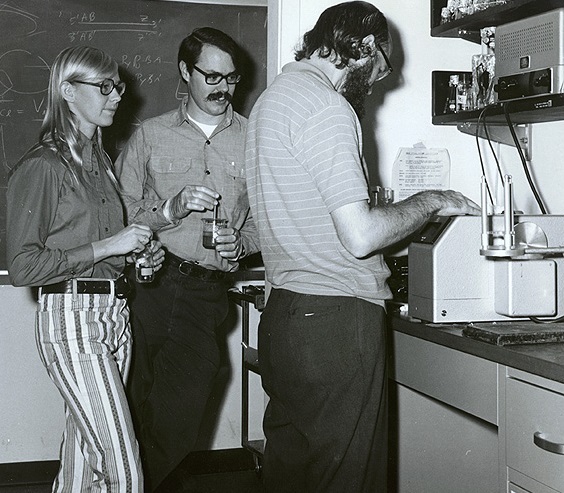
Sharp was then recruited by the Center for Cancer Research (now the Koch Institute) at the Massachusetts Institute of Technology (MIT), later serving for six years as the center’s director. Moving up the ranks at MIT, he became head of the Department of Biology, a position he held for eight years. From 2000 to 2004 he was founding director of the McGovern Institute for Brain Research at MIT, and he is also a cofounder of the biotech companies Biogen (now Biogen Idec) and Alnylam Pharmaceuticals.
Sharp is currently Institute Professor at the Massachusetts Institute of Technology and a faculty member of the Department of Biology and the Koch Institute for Integrative Cancer Research. Under his mentorship his graduate students have excelled: one is a Nobel laureate, and dozens of others run labs and companies and hold prestigious positions in hospitals and universities around the world.
Recognition and Philanthropy
Sharp has authored over 400 papers and is an elected member of the National Academy of Sciences, the Institute of Medicine, the American Academy of Arts and Sciences, the American Philosophical Society, and the Royal Society. Among his many awards are the Gairdner Foundation International Award, the Lasker Basic Medical Research Award, and the National Medal of Science. His long list of service includes the presidency of the American Association for the Advancement of Science and chairman of its board, and chair of the Scientific Advisory Committee of Stand Up to Cancer.
In 2015 Sharp received the Othmer Gold Medal for visionary contributions to the science of the genetic material, RNA and DNA, and for seminal entrepreneurship in the biotechnology industry. He was the recipient in 2002 of the Biotechnology Heritage Award in recognition of his distinguished career as a scientist, his commitment to advancing human health, and his role in the creation and success of Biogen, a company rightly hailed as a pioneer of and a leader in the new world of biotechnology. In 2004 Sharp delivered the Ullyot Public Affairs Lecture, titled “Chemistry, RNA Interference, and Biotechnology: Perspectives and Prospects.” He was also awarded the Winthrop-Sears Medal in 2007.

